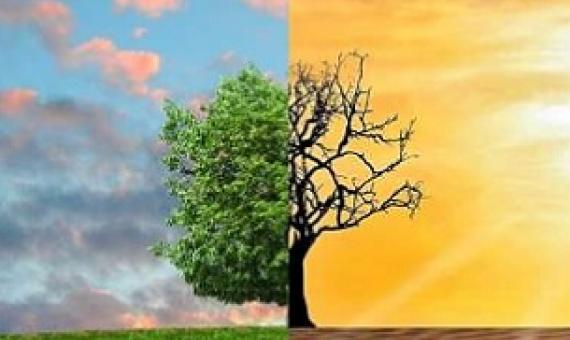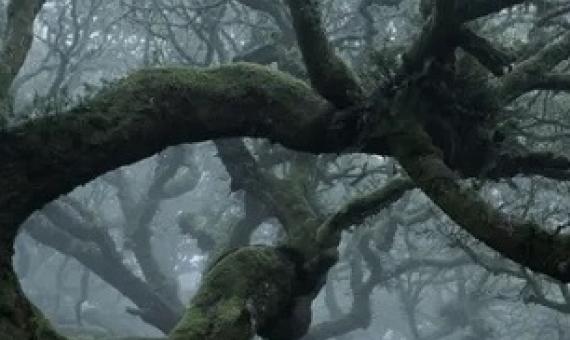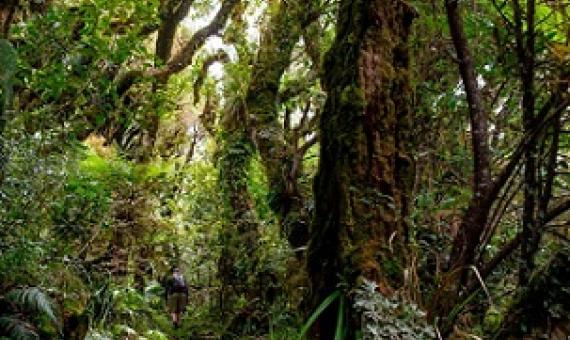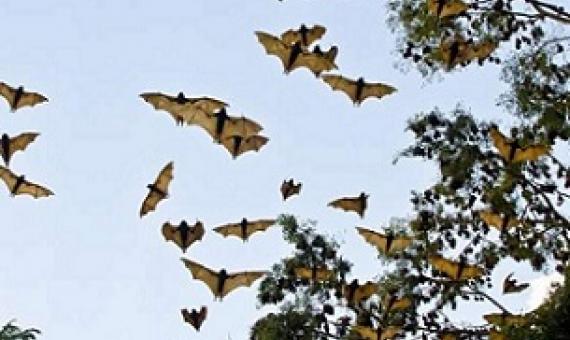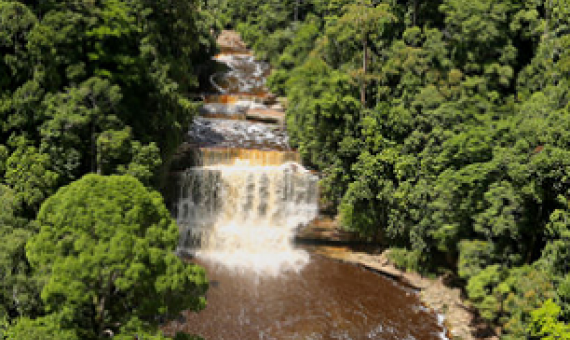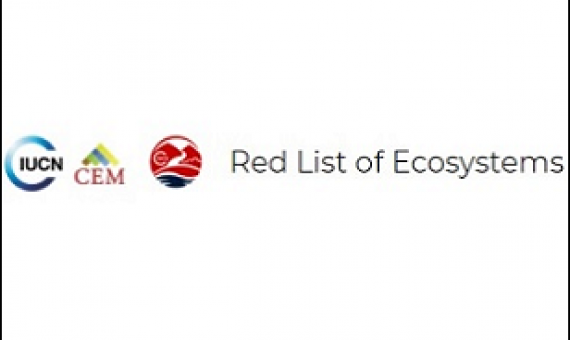Scientists’ warning – The outstanding biodiversity of islands is in peril
Despite islands contributing only 6.7% of land surface area, they harbor ~20% of the Earth's biodiversity, but unfortunately also ~50% of the threatened species and 75% of the known extinctions since the European expansions around the globe. Call Number: [EL]Physical Description: 19 p.


